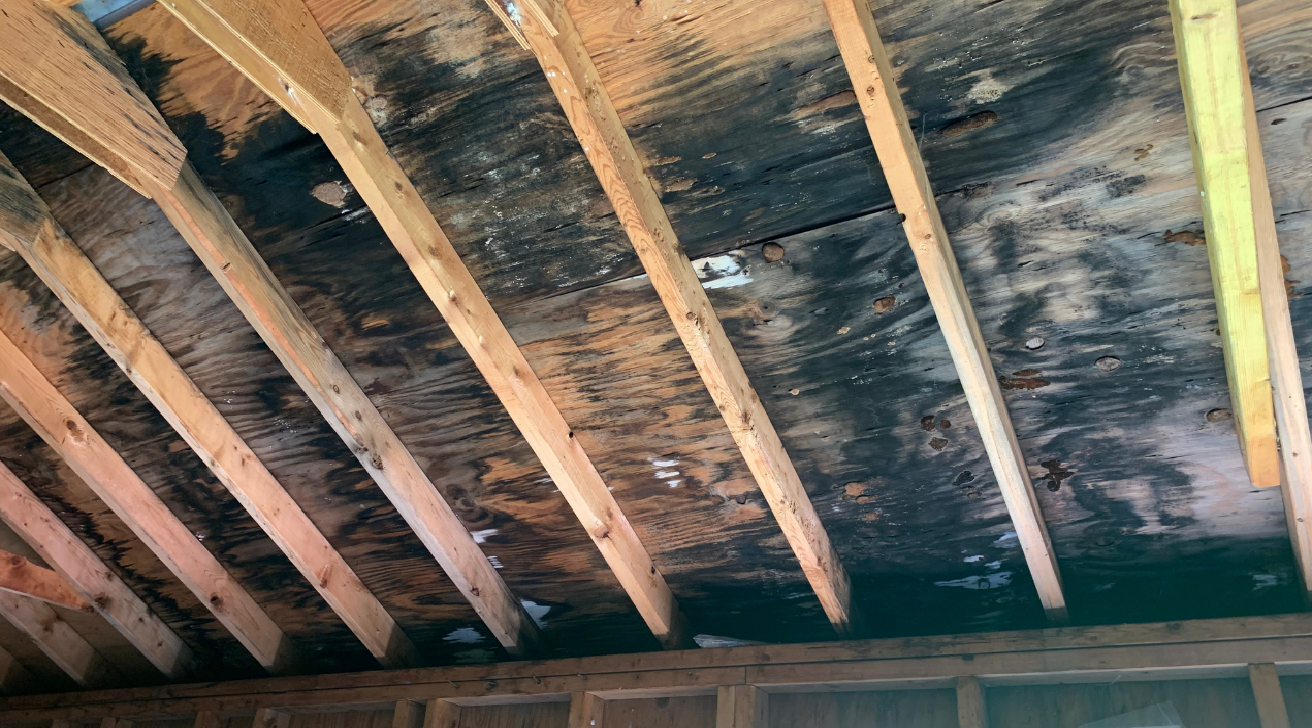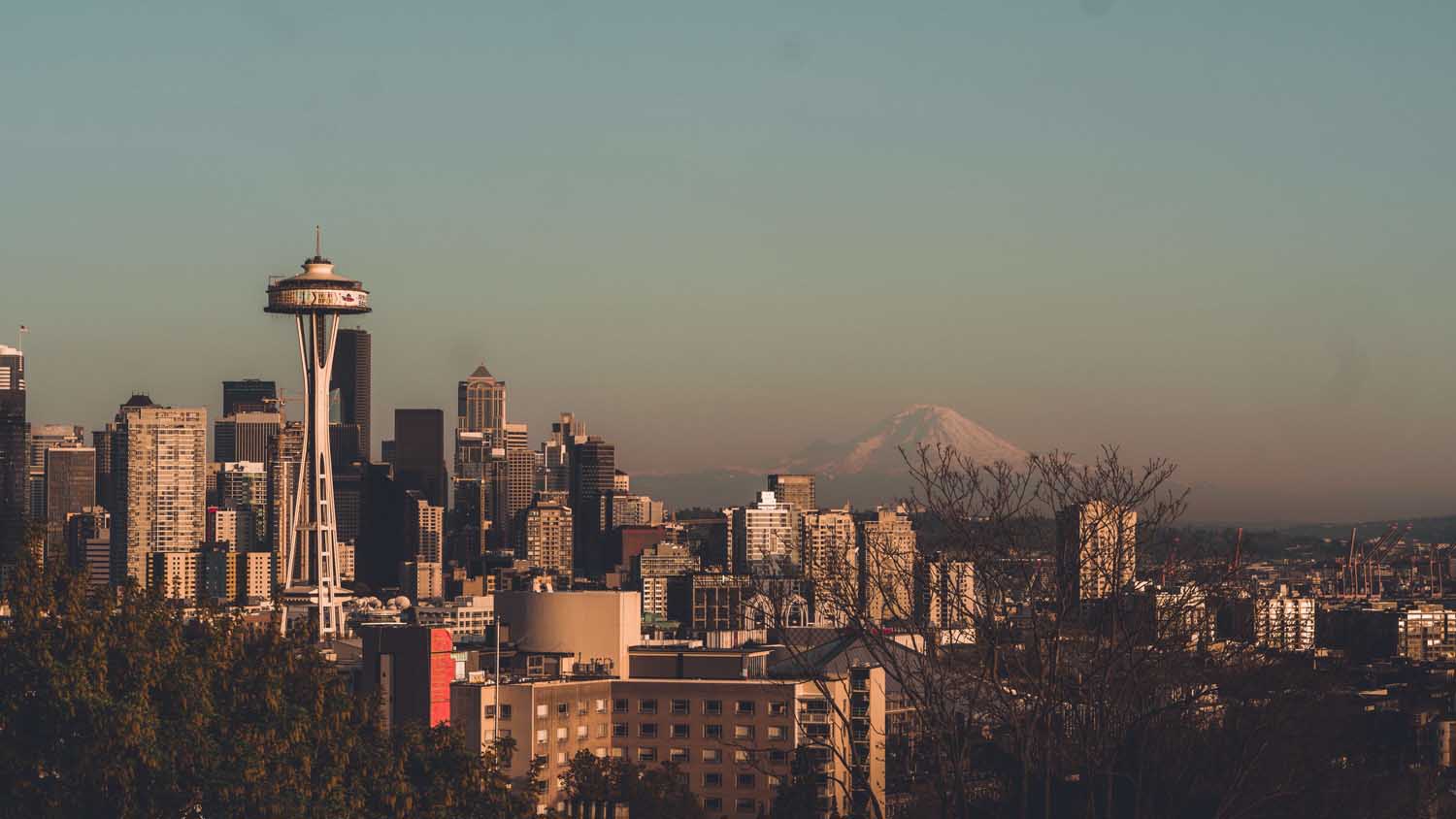Mold Remediation Services in Seattle, WA
If you’re searching for effective, reliable, and efficient ways to address mold problems in your home or business, you’ve come to the right place. At PNW Mold Control, we take pride in offering top-notch mold remediation services in Seattle and the surrounding areas, including the Eastside. From thorough inspections to comprehensive removal and preventative measures, our expert team ensures that every nook and cranny of your space is meticulously treated to safeguard you and your loved ones. With our years of experience, commitment to quality, and focus on customer satisfaction, you can trust us to handle mold issues of any size.
Why Mold Growth Is a Serious Concern
Mold is not just an unsightly problem; it can also pose significant health risks. In many cases, mold releases microscopic spores into the air that can lead to respiratory symptoms such as sneezing, coughing, and even more serious concerns like asthma flare-ups. When left unaddressed, mold can weaken your property’s structural integrity by slowly degrading walls, floors, and other crucial areas. Additionally, mold growth often spreads behind walls and under flooring, making it difficult to detect until it has grown into a severe infestation.
The Impact on Indoor Air Quality
Indoor air quality directly affects your well-being. The presence of mold means more than just a visible stain—it can taint your air supply with airborne spores. Over time, this can trigger allergies, cause respiratory distress, and make day-to-day living uncomfortable. By taking action quickly and calling professionals for mold remediation, you can help protect your indoor air quality and maintain a healthier living space for everyone.
Structural Damage Over Time
A mold infestation doesn’t just affect your health; it also compromises the structural elements of your home or office. Mold thrives in damp, humid conditions, and once it sets in, it can begin feeding on materials like drywall, wood, and insulation. If ignored, this can lead to costly repairs, renovations, or even the need for full-scale structural replacements. Acting promptly is essential to protect both your investment and your peace of mind.

Why Choose PNW Mold Control
When dealing with mold problems, hiring a reputable and experienced company can make all the difference in how effectively and efficiently the issue is resolved. PNW Mold Control is proud to serve the local community, offering dependable mold remediation services tailored to the unique environmental challenges of the Pacific Northwest.
Local Expertise
We understand the Pacific Northwest climate, rainfall patterns, and common trouble spots for moisture intrusion. This deep local knowledge allows us to identify and address root causes of mold in a way that generic national companies might overlook.
Comprehensive Solutions
Our services go beyond quick fixes. We tackle mold from start to finish—inspecting, containing, removing, and thoroughly treating your property to prevent future outbreaks.
Dedicated Customer Service
We prioritize your peace of mind at every step of the process. Our friendly team is always ready to answer questions, provide insights, and adapt our solutions to suit your specific needs.
Licensed and Insured Professionals
Our certified specialists operate under strict safety protocols and best practices. Your property is in good hands with trained experts who are committed to delivering top-quality results.
Common Causes of Mold Growth
Seattle’s moist, rainy environment can be a breeding ground for mold. Understanding the common causes of mold helps you take proactive steps in prevention. Below are some of the most frequent culprits:
- Humidity and Condensation: Constant rainfall and high humidity levels can leave walls and ceilings damp, creating the perfect environment for mold to flourish.
- Leaks and Flooding: Burst pipes, roof leaks, and water seepage from heavy rains can introduce moisture into hidden areas. If not fixed promptly, these leaks lead to persistent dampness and eventual mold infestation.
- Poor Ventilation: Inadequate air circulation in areas like basements, attics, and bathrooms allows moisture to accumulate, which helps mold spores multiply rapidly.
- Wet or Damp Materials: Carpeting, insulation, or wooden structures left damp over time become magnets for mold spores.
- HVAC Issues: Air conditioning units and heating systems can inadvertently circulate mold spores throughout a building if they are not properly cleaned and maintained.
How Climate Contributes to Mold
Seattle’s climate often leads to damp interiors. As moisture builds up, either through leaks or condensation, mold finds a prime environment to grow. Insufficient drying time between rainfalls or limited sunlight in certain areas of a property can exacerbate the situation. This makes it all the more critical to work with experts who understand Seattle’s weather patterns and can offer targeted solutions.

Our Mold Remediation Process
At PNW Mold Control, our overarching goal is to ensure complete and lasting removal of mold, while taking measures to keep it from recurring. Below is a breakdown of our tried-and-true process.
1. Thorough Inspection
Our team begins with a detailed evaluation of your property. We use advanced detection tools—such as moisture meters and thermal imaging cameras—to locate all potential problem areas. Whether mold is hiding behind drywall, under flooring, or within insulation, we’ll find it. This initial inspection also helps us identify any leaks or structural issues that need immediate attention.
2. Containment and Safety Measures
Once mold is detected, containing it is our top priority to prevent spores from spreading during remediation. We seal off the affected areas using plastic sheeting, specialized barriers, and negative air pressure systems. Our specialists wear protective gear, including masks and gloves, to ensure the health and safety of both our workers and your household.
3. Mold Removal and Cleaning
After the area is contained, we proceed with meticulous mold removal. Depending on the severity and location of the infestation, our technicians may use various methods—like HEPA vacuuming and antimicrobial treatments—to eliminate mold colonies. Rest assured, we adhere to industry standards and best practices, always choosing methods that are effective yet minimally disruptive.
4. Drying and Dehumidifying
Eliminating the source of moisture is crucial for long-term success. We use commercial-grade dehumidifiers and air movers to thoroughly dry out the affected areas. Removing all traces of dampness prevents any lingering spores from taking root again, ensuring the problem won’t simply return after a few weeks.
5. Restoration and Final Check
In cases where mold has damaged walls, flooring, or other structural elements, we can coordinate or recommend restoration services to bring your property back to its original condition. Before calling the job complete, we conduct a final walk-through and inspection, verifying that all mold has been removed and that your space is safe for occupants.
Preventive Measures and Maintenance
Our team at PNW Mold Control firmly believes in proactive approaches to mold management. Once we complete the remediation, we’ll provide you with straightforward strategies to help keep your space mold-free.
Regular Inspections
Scheduling routine check-ups, especially in moist areas like basements, crawl spaces, and attics, can catch small mold problems before they evolve into large-scale infestations. We recommend an annual or bi-annual mold inspection to stay ahead of potential issues.
Address Moisture Issues Promptly
A small leak can escalate quickly if not repaired immediately. Keep an eye out for water stains, musty odors, or changes in paint or wallpaper. Promptly addressing any signs of leaks or moisture intrusion is one of the most cost-effective ways to prevent mold from taking hold.
Improve Ventilation
Ensure your home or business is well-ventilated. Bathrooms, kitchens, and laundry areas should have exhaust fans to remove humidity. Opening windows on dry days can also help circulate fresh air and reduce moisture buildup.
Use Mold-Resistant Products
If you’re renovating or building a new property, consider materials specifically designed to resist mold. Certain types of drywall, paint, and insulation come with mold-inhibiting properties that can drastically reduce your risk of future outbreaks.
Signs You Need Mold Remediation
Not every sign of mold is as obvious as a big, black patch on the wall. Sometimes, mold lurks hidden until the situation becomes more severe. Below are some indicators that you may require the services of a professional sooner rather than later.
Musty Odor
A persistent, earthy smell that doesn’t go away with cleaning often signals mold growth behind walls or under flooring.
Allergic Reactions
If you notice recurring allergy symptoms—like sneezing, itchy eyes, or coughing—only when you’re at home or work, mold could be the culprit.
Visible Spots
Discoloration on walls, ceilings, or surfaces that resembles dark or fuzzy patches is often a clear red flag.
Water Damage
If you’ve recently experienced flooding, leaks, or even minor water intrusion, keep an eye out for any signs of mold in the weeks that follow.
The PNW Mold Control Promise
Your health, safety, and satisfaction remain our highest priorities. We stand by the quality of our work and the thoroughness of our methods. From start to finish, we maintain open communication, keeping you informed about each step in the remediation process. We believe in total transparency—no hidden fees, surprises, or half measures. Our goal is simple: to provide you with a cleaner, healthier indoor environment.
Contact Us for a Mold-Free Space!
Don’t let mold compromise your health, comfort, or property value. Reach out to PNW Mold Control today and experience the difference our seasoned professionals can make. We’re here to offer comprehensive mold remediation solutions customized to address your specific mold issues and prevent them from coming back. Call us now at 206-208-6325 or fill out our online contact form to schedule a free inspection. Together, we’ll create a safe and mold-free environment you can count on.
Frequently Asked Questions
How long does mold remediation usually take?
The timeframe for mold remediation can vary widely depending on the extent of the infestation and the size of the area affected. Minor mold problems may be resolved within a day or two, while more significant infestations could take a week or longer. After an initial inspection, we’ll give you a more precise estimate based on your unique situation.
Is it safe to stay on the property during mold remediation?
Safety is our primary concern. While we do set up containment areas and use negative air pressure to prevent the spread of spores, some clients prefer to stay elsewhere, especially if the affected area is large or if they have health sensitivities. We’ll discuss your options with you and help you make the best decision for your comfort and safety.
Will mold come back after remediation?
Effective mold remediation aims to remove existing mold colonies and eliminate the moisture sources that allow them to thrive. However, mold can return if the underlying moisture issue isn’t properly addressed or if new water damage occurs. Our team will guide you on preventive steps and regular maintenance to minimize the risk of recurrence.
Can I clean mold myself with store-bought products?
While small surface mold can sometimes be tackled with DIY solutions, it’s easy to overlook hidden growth or deeper underlying issues. Store-bought products might remove visible mold temporarily, but they won’t always address the root cause. If you’re dealing with frequent regrowth or large areas of mold, calling professionals is the safest and most effective route.
How can I prevent mold in a humid environment like Seattle?
Prevention focuses on controlling moisture. Keep indoor humidity levels below 50% when possible by using dehumidifiers. Ensure good ventilation in kitchens, bathrooms, and laundry areas. Fix leaks promptly, and consider mold-resistant materials in construction or renovation projects. Regular inspections by professionals can also help catch early signs of mold before it becomes a major problem.
